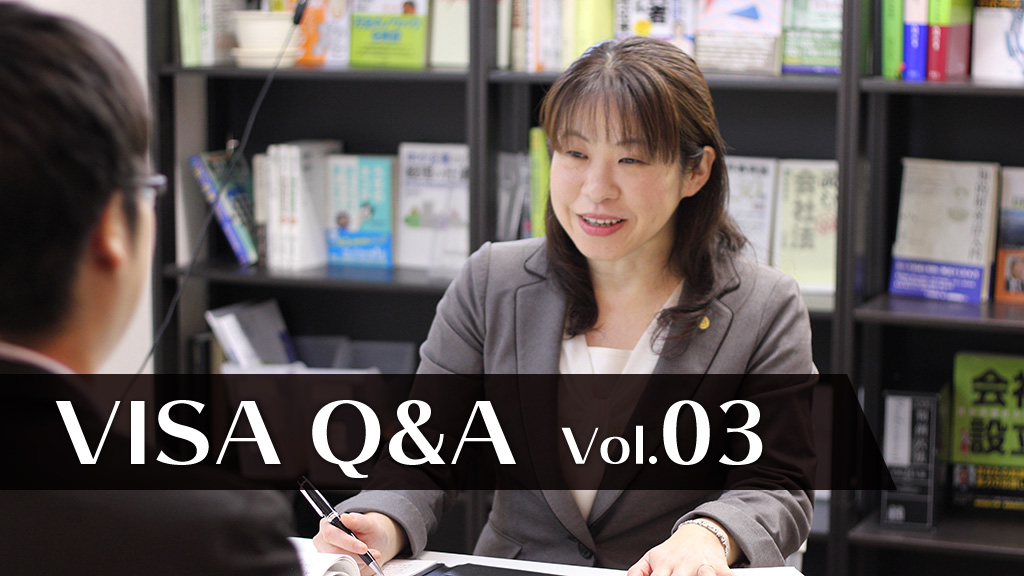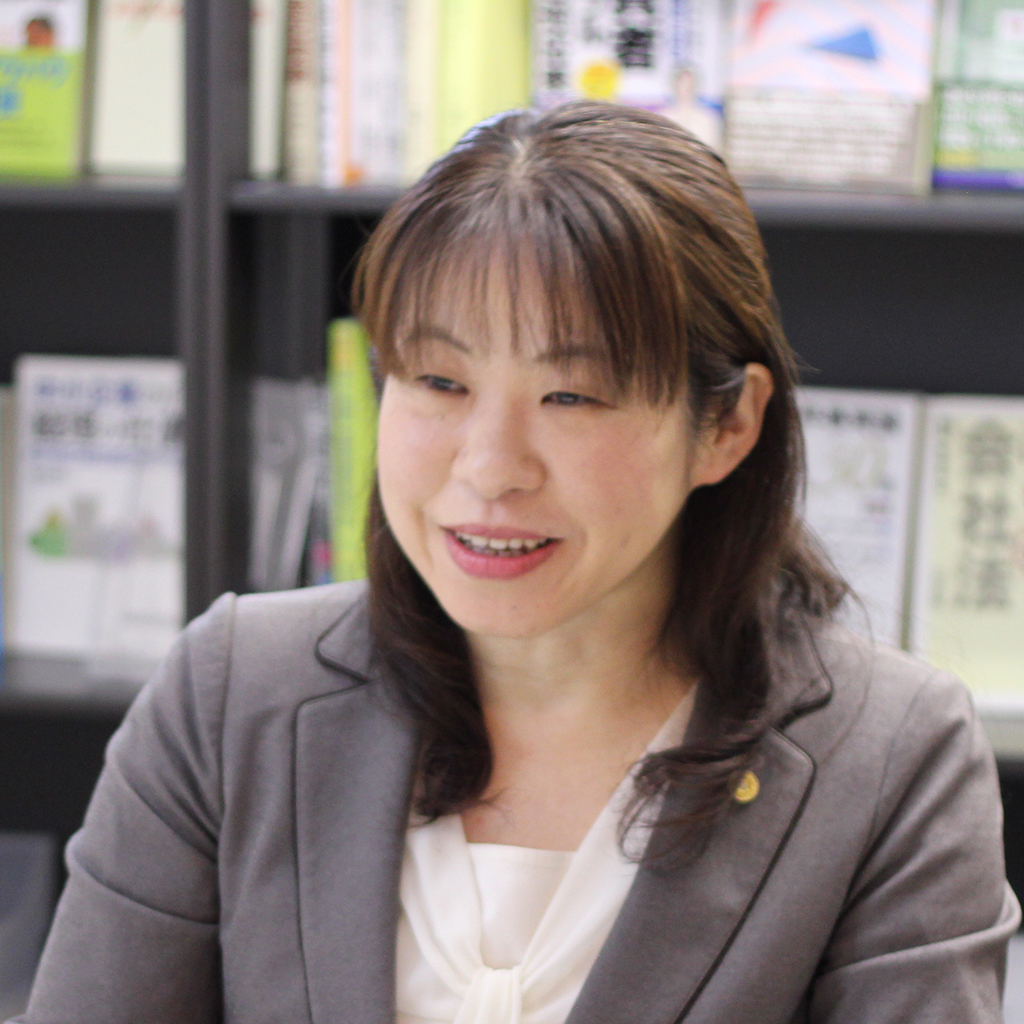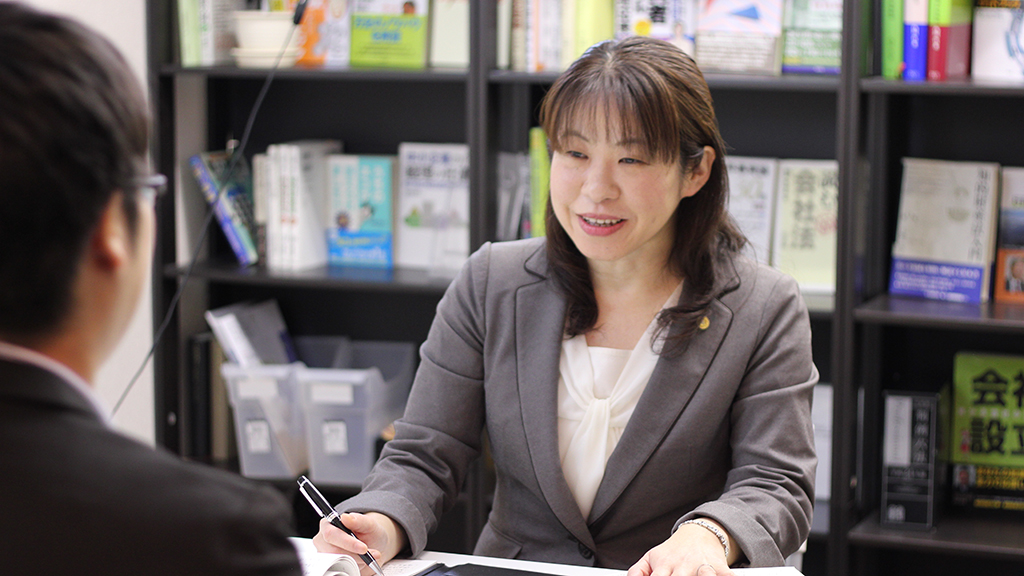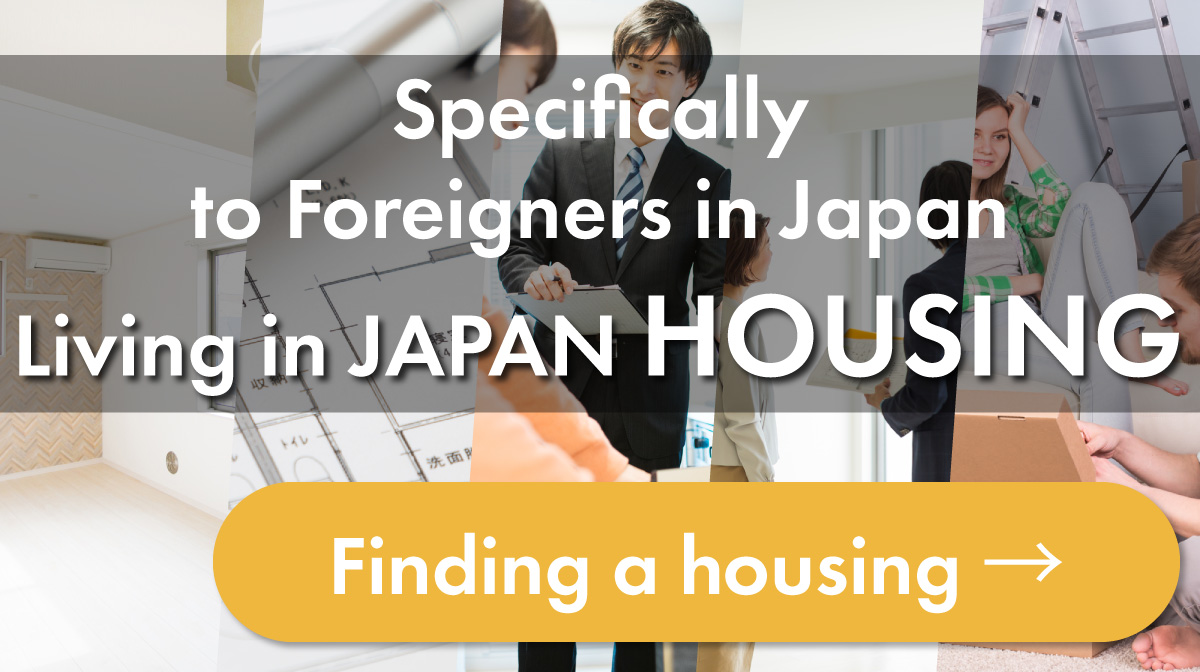Status of Residence to Work as Language Teachers

This post is also available in 日本語
The language teacher is a popular job for foreigners coming over to Japan. When you want to work as an instructor of English or Chinese language in Japan, what kind of status of residence (so-called VISA) in required? Different types of status of residence are required from one employee to another. Here are some details.
Contents
The required status of residence (so-called VISA) varies depending upon employer
“Professor” Status
Working at university, junior college, or technological college
The Japanese Immigration Law states that when a person “acts as a researcher, an instructor or an educator of research at a university, or a like institution or a technological college in Japan, he/she is eligible for the ‘professor’ status.”
It is clear which are university and technological college, but ‘a like institution’ is ambiguous. This includes a fisheries university, meteorological university and national defense academy, but it’s advisable to ask an expert in this area for details.
Not only an educational job, but also a ‘researcher’ and an ‘instructor of researching’ fall into this status of residence.
“Education” Status
Working at Elementary, Junior High, High Schools or a Vocational School etc.
The Japanese Immigration Law states that when a person “acts as an instructor of foreign language or other area at Japanese elementary school, junior high school, mandatory educational institution, high school, secondary school, school for special needs, advanced vocational school, other schools and other educational institutions equivalent to other schools in facilities and curriculum,” he/she is eligible for the education status.
Here again, it’s clear to identify elementary schools, junior-high schools and high-schools, but “advanced vocational schools or other schools” and “other educational institutions equivalent to other schools in facilities and curriculum” are difficult to understand.
Both “advanced vocational schools” and “other schools” are officially approved “schools” under the School Education Act. They are authorized to establish by the governors of municipalities, just like high-schools and universities.
“Other educational institutions equivalent to other schools in facilities and curriculum” means to include international schools for education of children of foreigners who live in Japan and Japanese language schools.
Please remember that these educational institutions are not limited to the language education but also include mathematics and algebra, social study, physical education, etc.
“Engineering/Specialist in Humanities/International Services” Status
Working at Privately Owned Language Schools
The status of residence of “Engineering, Specialist in Humanities and International Services” is the status granted to a person who works as the so-called ‘white-color worker’ who contracts with companies. This includes the educational work. Namely English teachers of English conversation schools and others.
Check with an expert beforehand!
As explained above, the required status of residence varies depending upon where you work. You need to clear conditions which are particular to each status you want to obtain. You must prepare necessary applications and documents with consultation with an expert.
Be careful of taking up part-time job
Suppose an English teacher of an elementary school works as a part-timer at a private language school a few times a week. In this instance, he/she should have the “Education” status. However, if he/she works at a private language school, a special permit called “permit to engage in activities other than that permitted under the status of residence previously granted” is needed, because the status of “Engineering/Specialist in Humanities/International Services” is required. Please be careful that without this special permit, it will be an illegal work.
The language you teach must be your mother tongue
Generally, the language you teach must be your native language. For instance, an American is expected to teach English and Chinese the Chinese language. However, in cases of people from Philippines where their mother tongues are Filipino and Tagalog but English is used daily, or a person who has been taught English from the mandatory education years, the permit may be granted if you explain these when you apply.
Living in Japan VISA will help companies who want to hire foreign people and foreigners who want to work in Japan by introducing notary publics who are specialized in Residency Status to end up with “worry-free hiring and worry-free job.”
- If You Wonder What Should Give a Gift, This Is the Best Choice! Cool Packaged Handkerchiefs!
- Apply on UV Cream Without Getting Your Hands Dirty! Why not Have This Handy Puff?
- So Popular Character “Chiikawa” Cheers You Up! Improve Your Arched Back!
- If You Want to Improve Your Sleep Quality, You Should Change Your Pajamas! 3 Recommended Pajamas
- Conveniently 2-Way! This Product Is Useful in Both Summer and Winter.











